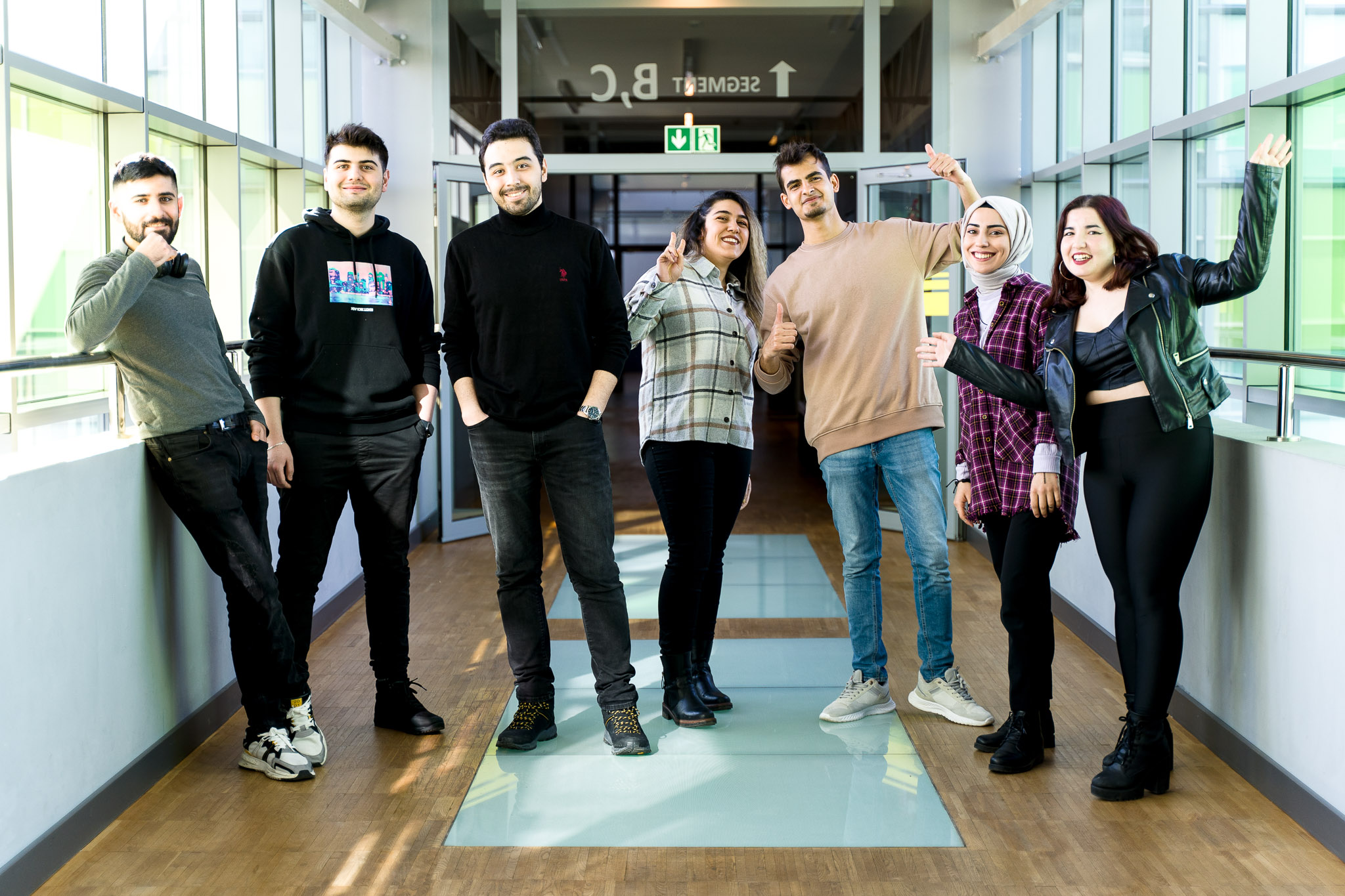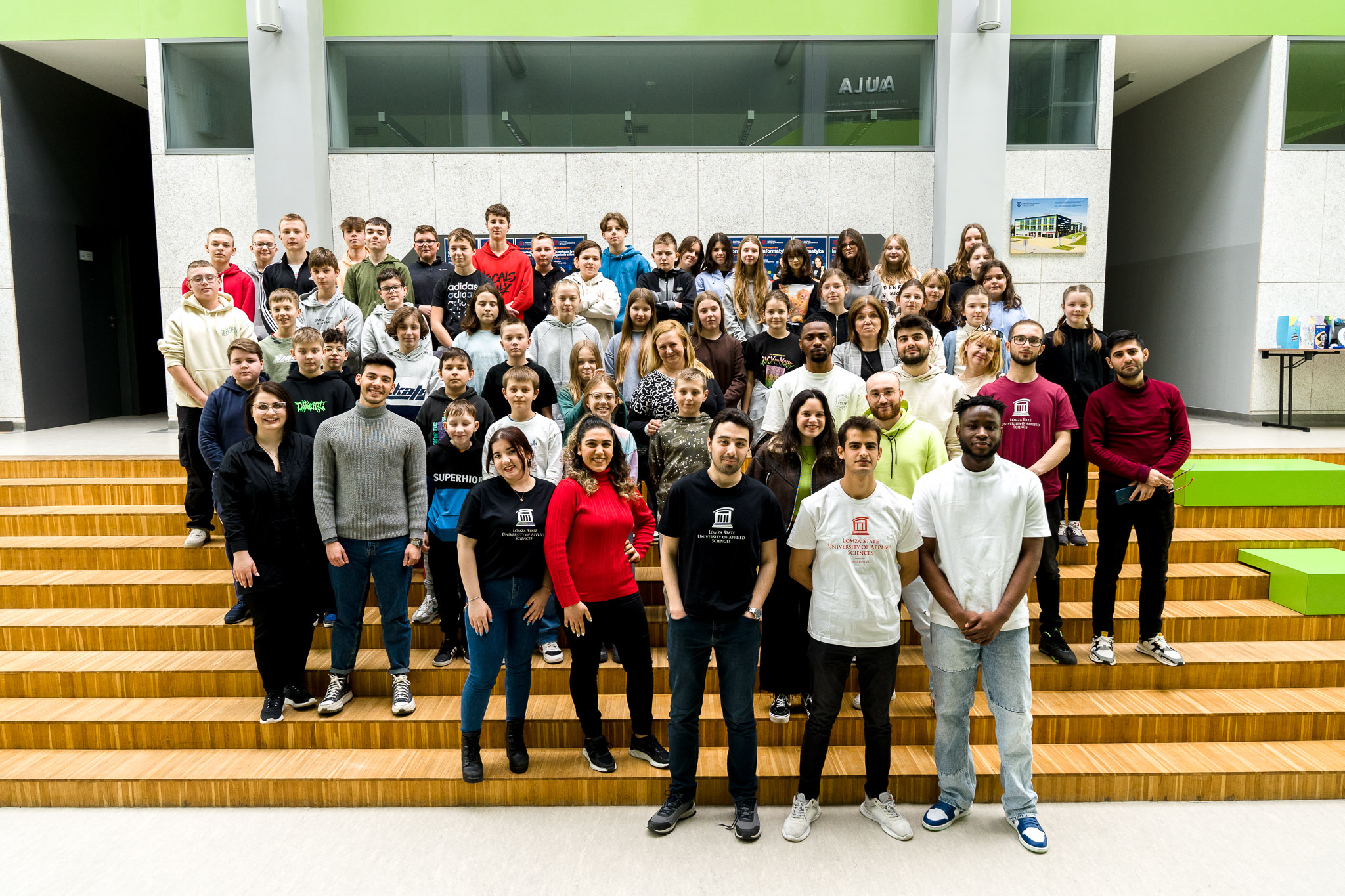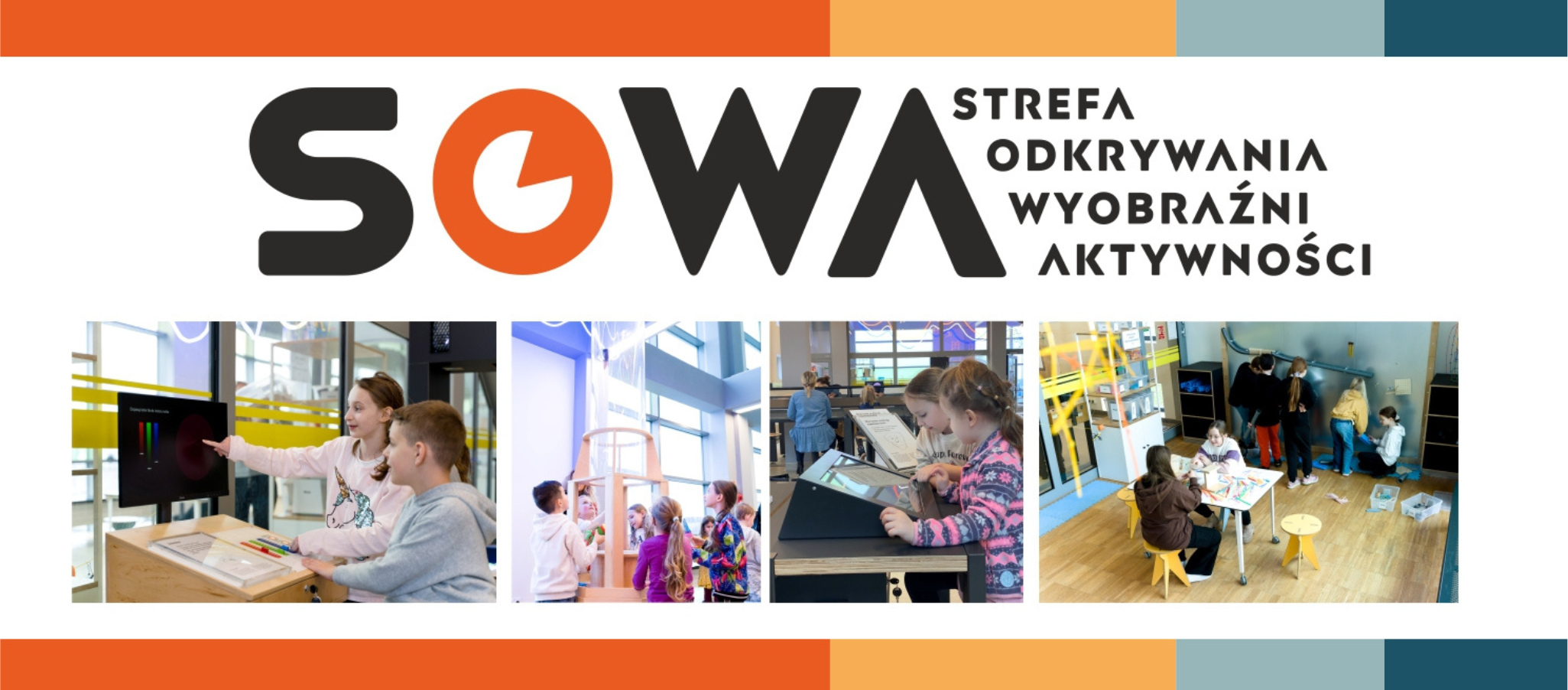Fields of study
Management, a field for the creative and ambitious. The market still lacks specialists in this field. These are studies for people who have leadership and organizational skills, are able to think strategically and are not afraid to take risks. Management is primarily analyzing, planning, implementing and monitoring the strategy set by the company.
Mode of studies: full-time and part time
Degree structure: first cycle studies
Specialisations:
- management of small and medium-sized enterprises
- project management
- logistics management in the enterprise
- management accounting
A graduate's profile
A graduate of management may become:
- a specialist / midlevel manager at companies, public institutions, non-governmental organizations
- an entrepreneur
- an expert on EU funds
- finance specialist at enterprises and public institutions
Course schedules
https://www.pwsip.edu.pl/ip/index.php/oferta-ksztalcenia
Courses offered in English
https://www.pwsip.edu.pl/ip/index.php/english
Announcements
The content of advertisements will depend on information provided by the Institute
Staff
Magamement
Bogusław Plawgo, PhD, associate professor -
Jerzy Grabowiecki, PhD -
Grażyna Michalczuk, PhD, associate professor -
Marek Kruk, PhD -
Krystyna Leszczewska, PhD –
Dariusz Perło, PhD -
MSc. Anna Bagińska –
General information
The Institute of Business Administration is the second oldest institute at the University. It was created in 2004. Since the beginning of its activity it has pursued education of students majoring in Management specializations:
- management of small and medium-sized enterprises
- financial management in organizations
- local development management
In 2010, the Institute acquired the authority to conduct first cycle studies in Administration, whose dynamic growth, in subsequent years, resulted in emancipation and separation of the new Institute associated with the field of law and administration.
In July 2016 the Institute of Business Administration returned to its original form and offers studies in the field of Management, in the following specialties:
- management of small and medium-sized enterprises
- project management
- logistics management in the enterprise
- management accounting
Quality of education
The quality of education is, in addition to scientific activity, a key element of our activities. The aim of the policy of the quality of education is to provide education of the highest level, so that graduates of LSUAS have the knowledge, skills and social skills valued in the labor market and adapted to the changing needs of the environment.
Pro-quality activities in Lomza State University of Applied Sciences includes:
- ensuring coherence implemented, on conducted fields of study, training programmes with the National and European Qualification Framework;
- conveying students the knowledge based on the current state of science and the latest trends of its development, in the fields and disciplines of the research conducted by LSUAS; continuous monitoring and improvement of education programmes;
- expanding / updating of the educational offer in accordance with the needs of the labor market;
- creating appropriate conditions for the development of skills and interests of students to enable them maximum intellectual development by supporting scientific circles, the introduction of incentive-based scholarships, maintenance of international cooperation, particularly in the area of education;
- providing students a contact with staff with extensive practical experience gained outside the university, highly qualified research and teaching, and creating the environment stimulating the need for learning and development and promoting attitudes of commitment to the undertaken work, characterized by open-mindedness and interdisciplinary approach to problems typical of a given field of study;
- promoting the development of scientific staff: the creation of appropriate conditions for scientific development and improvement of teaching skills of academic LSUAS staff , in particular by allowing cooperation with national and international centers of scientific and academic institutions, providing assessment tools for defining the strengths and weaknesses of the team in order to further development, ensuring training opportunities and internships;
- development of international cooperation in research and mobility of staff and students to foreign universities;
- monitoring and analysis of the educational process, including verification and validation of learning outcomes and learning, assessment of the quality of study programmes, quality assessment methods and conditions of work;
- periodic studies of the quality of education conducted among students and graduates;
- monitoring professional paths of graduates in cooperation with the Office of Career;
- including students and external stakeholders in the establishment and evaluation of quality of education at the Faculty;
- taking care of the high level of infrastructure, modern equipment of teaching rooms, access to teaching materials and the latest scientific literature and the use of information technology in support of the educational process;
All members of the University community are responsible for the quality of education: authorities, teachers, administrative staff, students.
Page 19 of 26







